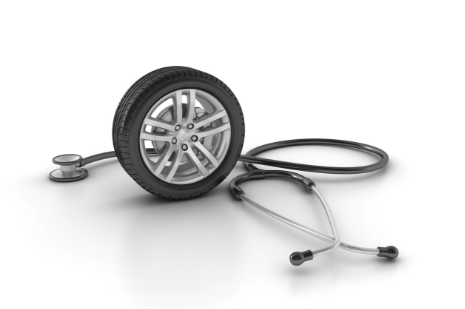In recent issues of FLEET intouch we have discussed various activities that are critical to effective fleet management. In this issue we discuss the very important area of fuel management.

Fuel supplies need active management because; fuel is a high cost driver for the fleet, high fuel usage can be an indicator of poor vehicle and driver performance and we need to ensure fuel is not wasted or pilfered.
It is essential that arrangements and facilities are established to provide fuel. This may include purchase contract arrangements, fuel cards and on-site bulk supplies. Once established there needs to be clear and effective policies and procedures in relation to obtaining and using fuel. Drivers need to know where to obtain fuel, what they can purchase and the process they need to follow.
When obtaining fuel, key data must be recorded such as the date of purchase, fuel type and quantity, cost and importantly odometer or hour meter readings. This allows effective system-based analysis of the transactions and for system generated exception reporting on matters such as; incorrect fuel use, over filling (purchasing more fuel than the tank can hold), high fuel usage etc. Once identified exceptions can be investigated and management interventions applied.
Bulk fuel (or depot based) fuel supplies also need to be actively managed. This includes applying; good security practices, sound inventory management and ensuring the quality of fuel is maintained.
Fleet operators should also actively manage their fuel rebate clams process to ensure full entitlements are received.
Fuel management is just one of 12 areas assessed as part of the IPWEA 3rd Party Health Check. The IPWEA Fleet Management Health Check is an efficient and effective way for a fleet owner to review their fleet management processes and activities to identify what is being done well – but more importantly where improvements can be made. The health check is a proactive and positive way to identify and address areas of concern before they become more significant issues. It’s like going to a Doctor for a check-up so you can address problems before they become serious and costly.
A health check provides the following benefits:
- Identifies gaps before more serious problems occur
- Drives continuous improvement
- Demonstrates proactive management
More information on the IPWEA 3rd Party Health Check can be found
here.
Read How healthy is your fleet? Part one Read How healthy is your fleet? Part two Read How healthy is your fleet? Part three